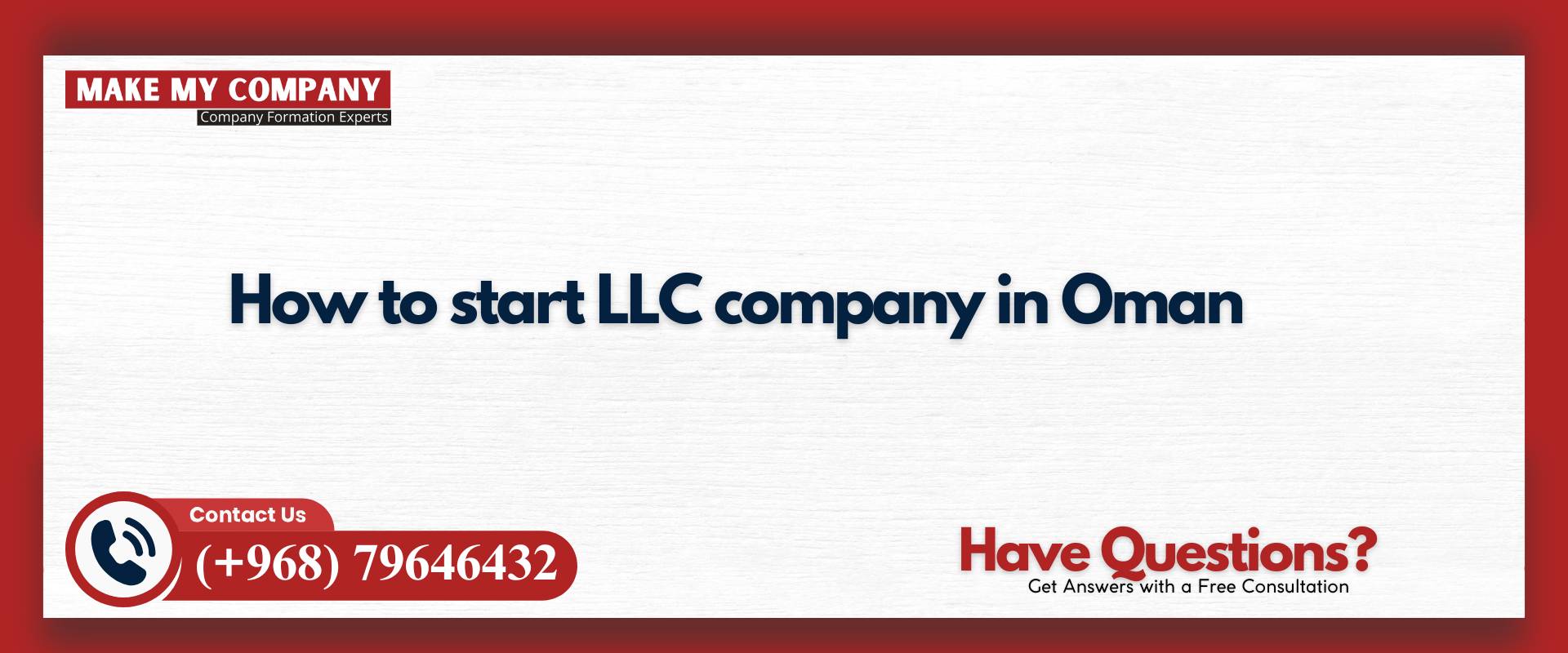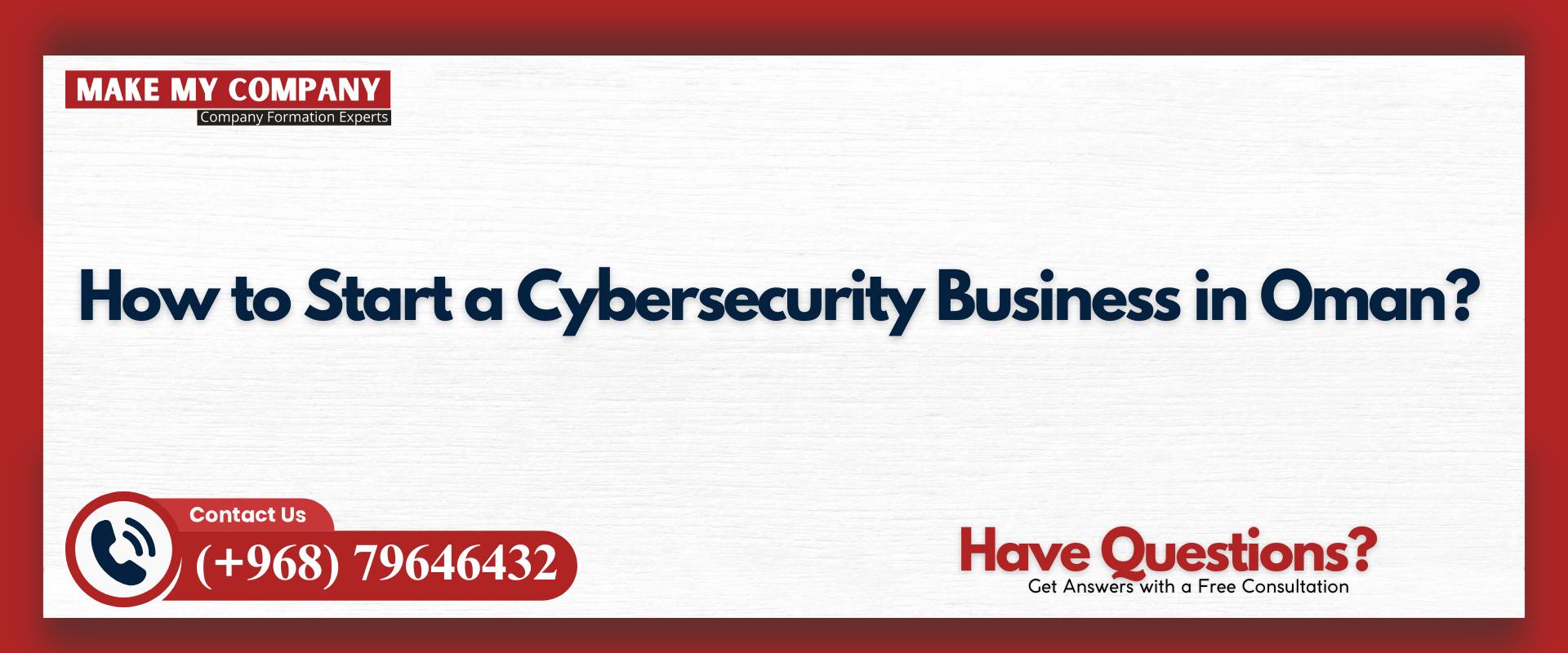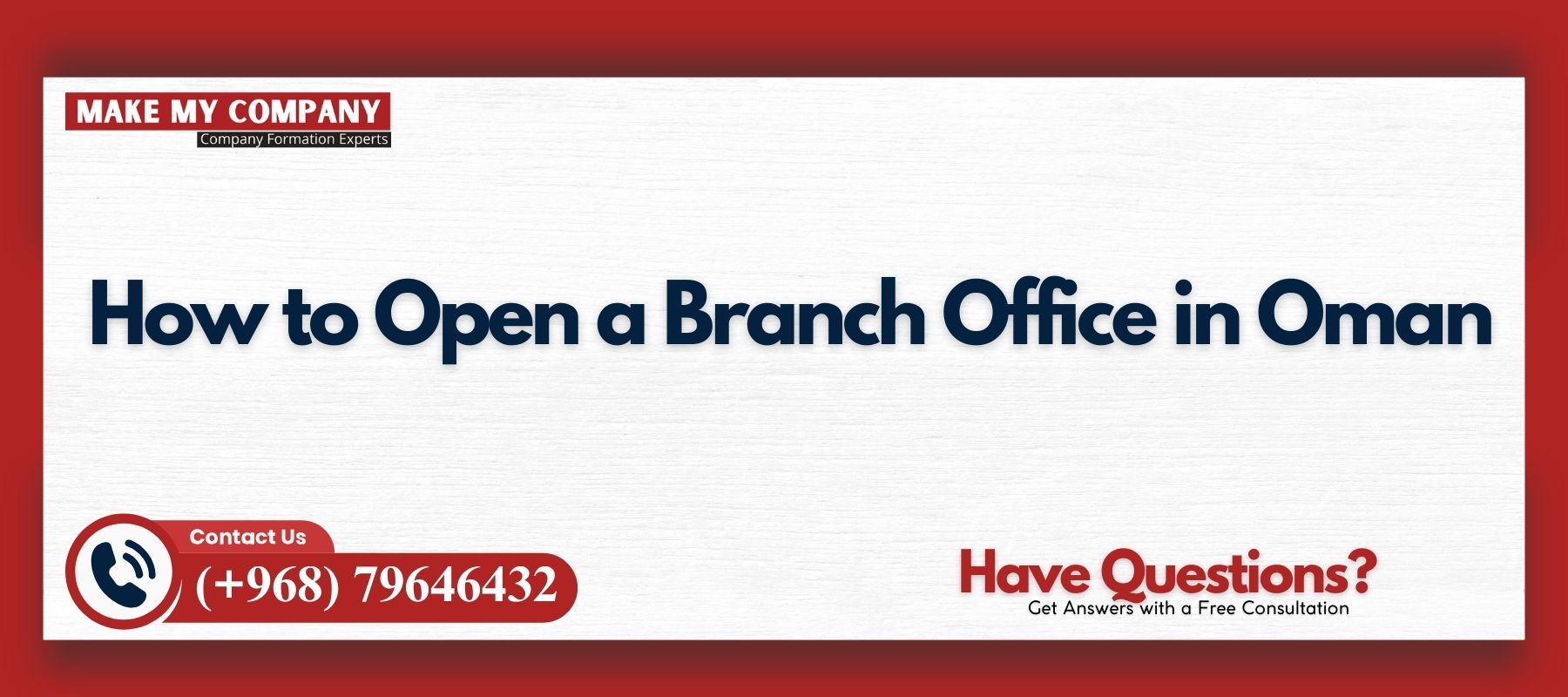The Ministry of Labour in Oman plays a pivotal role in shaping the country’s employment landscape, ensuring fair labor practices, and driving economic growth through strategic workforce development. As Oman continues to diversify its economy and attract international businesses, understanding the functions and services of this crucial government entity becomes essential for both employers and employees operating in the Sultanate.
Understanding the Ministry of Labour in Oman
The Ministry of Labour in Oman serves as the primary governmental body responsible for labor law enforcement, employment services, and workforce development across the nation. Established to regulate and oversee all aspects of employment within the country, this ministry ensures that both Omani workers and expatriate employees receive fair treatment while contributing to the nation’s economic prosperity.
The ministry operates under the vision of creating a sustainable labor market that balances the needs of employers with the rights of workers. Through comprehensive policies and regulations, the Ministry of Labour Oman maintains workplace standards that align with international best practices while respecting local customs and traditions.
Key responsibilities include overseeing work permits, managing labor disputes, implementing Omanization policies, and ensuring compliance with labor laws in Oman. The ministry also plays a crucial role in employment statistics, job placement services, and vocational training programs that enhance the skills of the national workforce.
Key Functions and Responsibilities
The Ministry of Labour in Oman operates through multiple interconnected functions that form the backbone of the country’s employment framework. These core responsibilities encompass regulatory oversight, service delivery, and strategic policy implementation. Each function is designed to maintain balance between worker protection and business efficiency, ensuring sustainable economic growth while upholding international labor standards and promoting social justice.
Labor Law Enforcement and Compliance
The Ministry of Labour in Oman is responsible for enforcing comprehensive labor legislation that protects workers’ rights while ensuring businesses can operate efficiently. The ministry monitors compliance with working hours regulations, minimum wage standards, and workplace safety requirements across all sectors of the economy.
Labor inspectors conduct regular visits to workplaces to ensure adherence to established standards. These inspections cover various aspects including occupational health and safety, proper employment contracts, and fair compensation practices. Companies found violating labor laws face penalties ranging from fines to license suspension, making compliance essential for business operations.
Work Permit and Visa Services
One of the most critical services provided by the Ministry of Labour Oman is the issuance and management of work permits for expatriate workers. The ministry processes applications for various types of employment visas, ensuring that foreign workers entering Oman possess the necessary qualifications and meet the country’s employment requirements.
The work permit process involves several steps, including employer applications, document verification, and approval procedures. The ministry has streamlined these processes through digital platforms, making it easier for businesses to hire qualified personnel while maintaining proper documentation and compliance with immigration regulations.
Omanization Policy and National Employment
The Omanization initiative represents a transformative approach to workforce nationalization, strategically designed to enhance local employment opportunities while maintaining economic competitiveness. This comprehensive policy framework addresses unemployment challenges, skills development needs, and economic diversification goals. Through targeted interventions and incentive mechanisms, the ministry creates sustainable pathways for Omani citizens to participate meaningfully in the modern economy.
Promoting Omani Employment Opportunities
The Omanization policy represents one of the most significant initiatives managed by the Ministry of Labour in Oman. This strategic program aims to increase the participation of Omani nationals in the private sector workforce while reducing dependence on foreign labor in specific job categories.
Through Omanization quotas and incentive programs, the ministry encourages businesses to hire and train local talent. Companies that exceed their Omanization targets often receive benefits such as priority in government contracts, reduced bureaucratic procedures, and access to government funding for training programs.
The ministry also provides career guidance services and job matching programs to help Omani job seekers find suitable employment opportunities. These services include skills assessment, interview preparation, and career counseling to enhance the employability of national workforce participants.
Training and Skills Development Programs
Recognizing the importance of human capital development, the Ministry of Labour Oman implements various training programs and skills development initiatives. These programs focus on equipping Omani workers with the technical and soft skills required by modern industries.
Vocational training centers operated by the ministry offer courses in high-demand fields such as information technology, healthcare, engineering, and hospitality. These programs are designed in collaboration with industry partners to ensure that training aligns with actual market needs and employment opportunities.
Employment Services and Support
Comprehensive employment support systems provided by the Ministry of Labour in Oman create a robust ecosystem connecting job seekers with employers through innovative platforms and personalized assistance. These services address diverse workforce needs, from entry-level positions to executive roles, while providing specialized support for vulnerable groups. The ministry’s holistic approach ensures that every citizen has access to meaningful employment opportunities.
Job Placement and Career Services
The Ministry of Labour in Oman operates comprehensive employment services that connect job seekers with potential employers. Through job placement centers and online portals, the ministry facilitates the matching of qualified candidates with suitable employment opportunities across various sectors.
Career counseling services provided by the ministry help individuals identify their strengths, explore career options, and develop professional skills. These services are particularly valuable for fresh graduates, career changers, and returning workers who need guidance in navigating the job market.
The ministry also organizes job fairs and recruitment events that bring together employers and job seekers in a structured environment. These events provide opportunities for direct interaction, networking, and immediate job placement for qualified candidates.
Labor Dispute Resolution
When employment disputes arise between workers and employers, the Ministry of Labour Oman provides mediation services and conflict resolution mechanisms. The ministry’s labor courts and arbitration panels handle cases involving wage disputes, wrongful termination, workplace harassment, and other employment-related conflicts.
The dispute resolution process emphasizes fair hearings, evidence-based decisions, and timely resolutions that protect the rights of all parties involved. This system helps maintain industrial harmony and ensures that both employers and employees have access to justice when conflicts arise.
Digital Services and Modernization
The digital transformation of the Ministry of Labour Oman represents a paradigm shift towards efficient service delivery and user-centric experiences. Advanced technological infrastructure enables seamless interactions between stakeholders while reducing bureaucratic barriers. This modernization initiative aligns with Oman Vision 2040, demonstrating the government’s commitment to leveraging technology for enhanced public service delivery and improved citizen satisfaction.
Online Platforms and E-Government Services
The Ministry of Labour in Oman has embraced digital transformation by launching comprehensive online platforms that streamline various services. These e-government initiatives allow employers and workers to access services remotely, reducing processing times and improving overall efficiency.
Digital work permit applications, online visa renewals, and electronic document submissions have significantly simplified bureaucratic processes. The ministry’s mobile applications and web portals provide 24/7 access to services, making it convenient for users to complete transactions at their convenience.
Real-time tracking systems allow applicants to monitor the status of their applications, while automated notifications keep users informed about important updates and deadlines. These technological improvements have enhanced user satisfaction and reduced the administrative burden on both applicants and ministry staff.
Economic Impact and Industry Collaboration
Strategic partnerships between the Ministry of Labour in Oman and private sector stakeholders create synergistic relationships that drive sustainable economic development. These collaborative frameworks facilitate knowledge transfer, best practice sharing, and policy co-creation processes. The ministry’s proactive engagement with industry leaders ensures that labor market policies remain responsive to evolving business needs while maintaining focus on social welfare and economic competitiveness.
Supporting Business Growth and Investment
The Ministry of Labour in Oman plays a crucial role in supporting economic development by creating a business-friendly environment that attracts foreign investment and encourages entrepreneurship. Through streamlined processes and clear regulations, the ministry helps businesses navigate employment requirements while expanding their operations.
Industry partnerships developed by the ministry ensure that labor policies align with economic objectives and market demands. Regular consultation with business associations, trade unions, and industry leaders helps the ministry develop policies that support sustainable economic growth while protecting worker interests.
The ministry’s labor market research and employment statistics provide valuable insights for policy makers, investors, and business planners. This data helps inform decisions about workforce planning, skill development priorities, and economic diversification strategies.
Challenges and Future Developments
Contemporary labor market dynamics present complex challenges requiring innovative solutions and adaptive policy frameworks. The Ministry of Labour in Oman proactively addresses emerging trends including technological disruption, demographic shifts, and changing work patterns. Future-oriented strategies focus on building resilient employment systems that can accommodate evolving economic conditions while maintaining social stability and worker welfare through sustainable development approaches.
Addressing Modern Workplace Challenges
As the Omani economy evolves and embraces new technologies, the Ministry of Labour in Oman continues to adapt its policies and services to address emerging challenges. Remote work regulations, gig economy guidelines, and digital nomad policies are being developed to accommodate changing work patterns.
The ministry is also focusing on gender equality in the workplace, implementing policies that promote women’s participation in the workforce and ensure equal pay for equal work. These initiatives align with Oman’s Vision 2040 and demonstrate the country’s commitment to inclusive economic development.
Sustainability initiatives and green job creation are becoming increasingly important as Oman pursues environmental goals and renewable energy projects. The ministry is working to develop training programs and policies that support the transition to a more sustainable economy.
Conclusion
The Ministry of Labour in Oman serves as a cornerstone of the country’s employment ecosystem, balancing the needs of workers, employers, and the broader economy. Through comprehensive services, modern technology, and strategic policies, the ministry continues to evolve and adapt to meet the challenges of a dynamic global economy.
For businesses considering expansion or establishment in the region, understanding the role and services of the Ministry of Labour Oman is essential for successful operations. The ministry’s commitment to fair labor practices, efficient services, and economic development creates a supportive environment for both local and international businesses.
Whether you’re planning to hire employees, seeking career opportunities, or establishing operations in Oman, the ministry’s comprehensive services and digital platforms provide the support needed for success. For comprehensive assistance with Business Setup in Oman, including navigating labor requirements and compliance procedures, professional consultation services can help ensure smooth operations and legal compliance from the outset.
Frequently Asked Questions (FAQs)
What is the main role of the Ministry of Labour in Oman?
The Ministry of Labour in Oman serves as the primary governmental body responsible for labor law enforcement, employment services, work permit processing, and workforce development. It ensures fair labor practices while supporting economic growth through strategic policies and comprehensive services.
How do I apply for a work permit through the Ministry of Labour Oman?
Work permit applications are processed through the ministry’s online platforms and e-government services. Employers must submit required documents, including employment contracts, qualification certificates, and company registration documents. The process typically involves application submission, document verification, and approval procedures.
What is the Omanization policy and how does it affect businesses?
Omanization is a strategic policy that promotes the employment of Omani nationals in the private sector. Businesses must meet specific Omanization quotas based on their industry and size. Companies that comply with or exceed these requirements often receive benefits such as priority in government contracts and reduced bureaucratic procedures.
How does the Ministry of Labour handle employment disputes?
The Ministry of Labour Oman provides mediation services and dispute resolution mechanisms through labor courts and arbitration panels. These services handle cases involving wage disputes, wrongful termination, and other employment-related conflicts, ensuring fair hearings and timely resolutions.
What digital services does the Ministry of Labour offer?
The ministry offers comprehensive online platforms including digital work permit applications, online visa renewals, electronic document submissions, and mobile applications. These e-government services provide 24/7 access and real-time tracking of application status.
How can job seekers access employment services from the Ministry?
Job seekers can access employment services through job placement centers, online portals, career counseling services, and job fairs. The ministry provides skills assessment, interview preparation, and career guidance to enhance employability and connect candidates with suitable opportunities.
What training programs does the Ministry of Labour provide?
The ministry operates vocational training centers offering courses in high-demand fields such as information technology, healthcare, engineering, and hospitality. These skills development programs are designed in collaboration with industry partners to ensure alignment with market needs.
How does the Ministry support business growth and investment?
The Ministry of Labour in Oman supports economic development by creating a business-friendly environment through streamlined processes, clear regulations, and industry partnerships. The ministry provides labor market research and employment statistics that inform business decisions and policy development.









